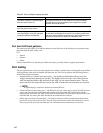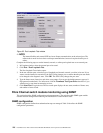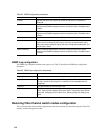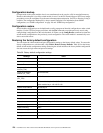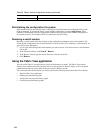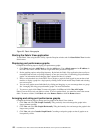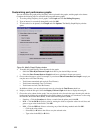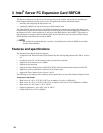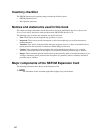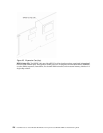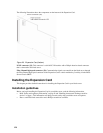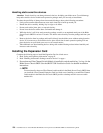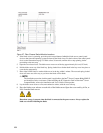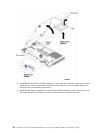
125
3 Intel
®
Server FC Expansion Card SBFCM
This Hardware Maintenance Manual and Troubleshooting Guide contains instructions for installing your
Fibre Channel Expansion Card in a blade server. This publication contains information about:
• Installing and configuring the Expansion Card
• Updating the BIOS code and device drivers of the Expansion card
The Fibre Channel Expansion Card is a 2 Gb Fibre Channel device that has two configurable adapter ports.
Communication signals are routed from the blade server through the Fibre Channel high-speed connector on
the Expansion Card to switch-module bay 3 and bay 4 in the Blade Server Chassis SBCE. This provides a
high-performance connection between the 64-bit PCI-X bus in the blade server and the two Fibre Channel
Switch Modules in the Blade Server Chassis SBCE.
✏ NOTE
The modules in switch-module bay 3 and bay 4 in the Blade Server Chassis SBCE must be Fibre
Channel Switch Modules.
Features and specifications
The Expansion Card has the following features:
• Compliance with Third Generation Fibre Channel Physical and Signaling Interface (PC-PH-3), revision
9.2
• Compliance with U.S. and international safety and emissions standards
• Support for direct memory access (DMA)
• Support for bus mastering
• Support for Fibre Channel protocol SCSI (FCP-SCSI) and Fibre Channel Internet protocol (FCP-IP)
• Support for point-to-point fabric connection (F-port fabric login)
• Support for Fibre Channel service (classes 2 and 3)
The following list and table provide a summary of the specifications of your Fibre Channel Expansion Card.
Temperature and altitude
• Blade server on: 10° to 35°C (50° to 95°F) at an altitude of 0 to 914 m (2998.69 ft)
• Blade server on: 10° to 32°C (50° to 89.6°F) at an altitude of 914 m to 2134 m (2998.69 ft to 7000 ft)
• Blade server off: -40° to 60°C (-40° to 140°F)
• Shipping temperature: -40° to 60°C (-40° to 140°F)
• Storage altitude: 0 to 2133 m (6998 ft)



